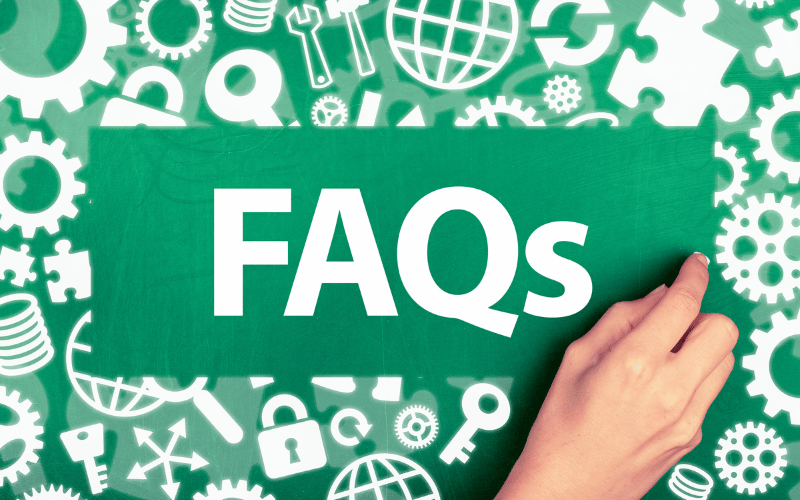Frequently Asked Questions: Understanding Bronchiectasis

What is Bronchiectasis and How is it Diagnosed?
Bronchiectasis is a chronic lung condition characterized by the permanent widening of parts of the airways. It’s typically diagnosed through a combination of patient history, physical examination, and imaging tests like a high-resolution CT scan, which provides detailed images of the airways.
Can Bronchiectasis Be Cured?
Currently, there is no cure for bronchiectasis. However, the condition can be managed effectively through medications, airway clearance techniques, and lifestyle changes. The goal of treatment is to control symptoms, reduce the frequency of infections, and maintain quality of life.
Is Bronchiectasis Contagious?
Bronchiectasis itself is not contagious. It is a structural lung disease caused by a variety of factors, including previous lung infections, genetic conditions, or immune system disorders. However, the respiratory infections associated with bronchiectasis can be contagious.
How Does Bronchiectasis Affect Daily Life?
The impact of bronchiectasis on daily life varies. Symptoms like persistent cough, breathlessness, and fatigue can limit physical activities and affect overall well-being. However, with appropriate management, many people with bronchiectasis lead active and fulfilling lives.
What Lifestyle Changes Can Help Manage Bronchiectasis?
Lifestyle changes play a crucial role in managing bronchiectasis. This includes avoiding smoking, staying hydrated, eating a balanced diet, engaging in regular exercise appropriate to your ability, and practicing good hand hygiene to reduce the risk of infections. Regular vaccinations, like the flu vaccine, are also recommended to protect against respiratory infections.
Conclusion: Navigating the Journey with Bronchiectasis
Bronchiectasis presents a unique set of challenges, both medically and in everyday life. Understanding and recognizing its symptoms – from the persistent cough and increased mucus production to the more serious occurrences of hemoptysis and chest pain – is crucial for early intervention and effective management. Living with bronchiectasis requires a multifaceted approach that includes medical treatment, lifestyle adjustments, and emotional support. The condition, while chronic, does not spell a life of limitations. With proper management, individuals with bronchiectasis can lead active, fulfilling lives. Embracing lifestyle changes, staying vigilant about symptoms, and maintaining regular consultations with healthcare providers are key to managing this condition effectively. The goal is not just to treat the symptoms but to enhance overall quality of life, ensuring that each day is lived to its fullest potential.
The journey with bronchiectasis is undeniably challenging, but it is also one of resilience and adaptation. Advances in medical research continue to provide new insights and treatments, offering hope and improved outcomes for those affected. The importance of community and support networks in this journey cannot be overstated. Sharing experiences, learning from others, and leaning on the strength of a supportive community are invaluable in navigating the complexities of bronchiectasis. Ultimately, the narrative of bronchiectasis is not just about managing a chronic condition; it’s about thriving despite it, and embracing each day with determination and optimism.